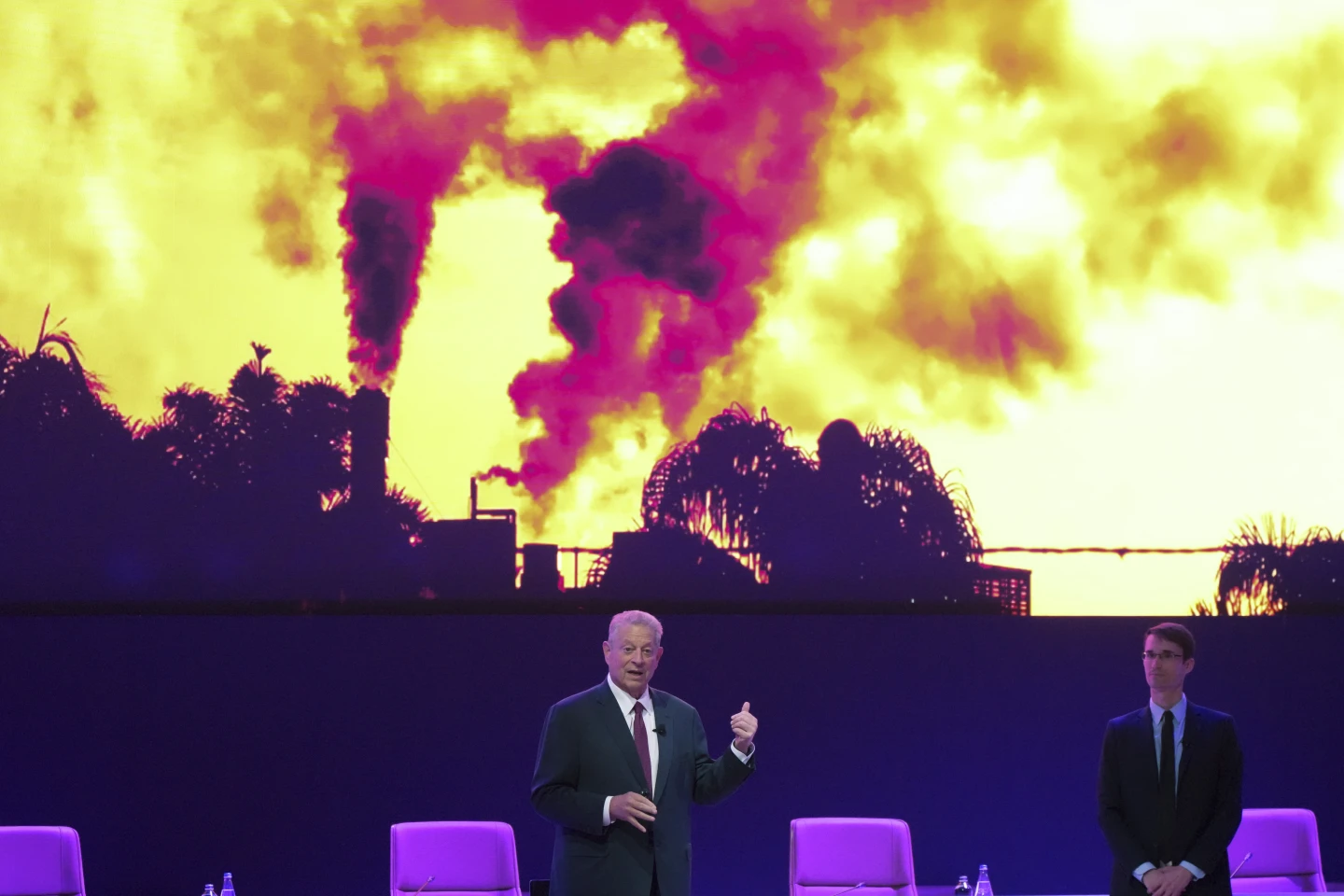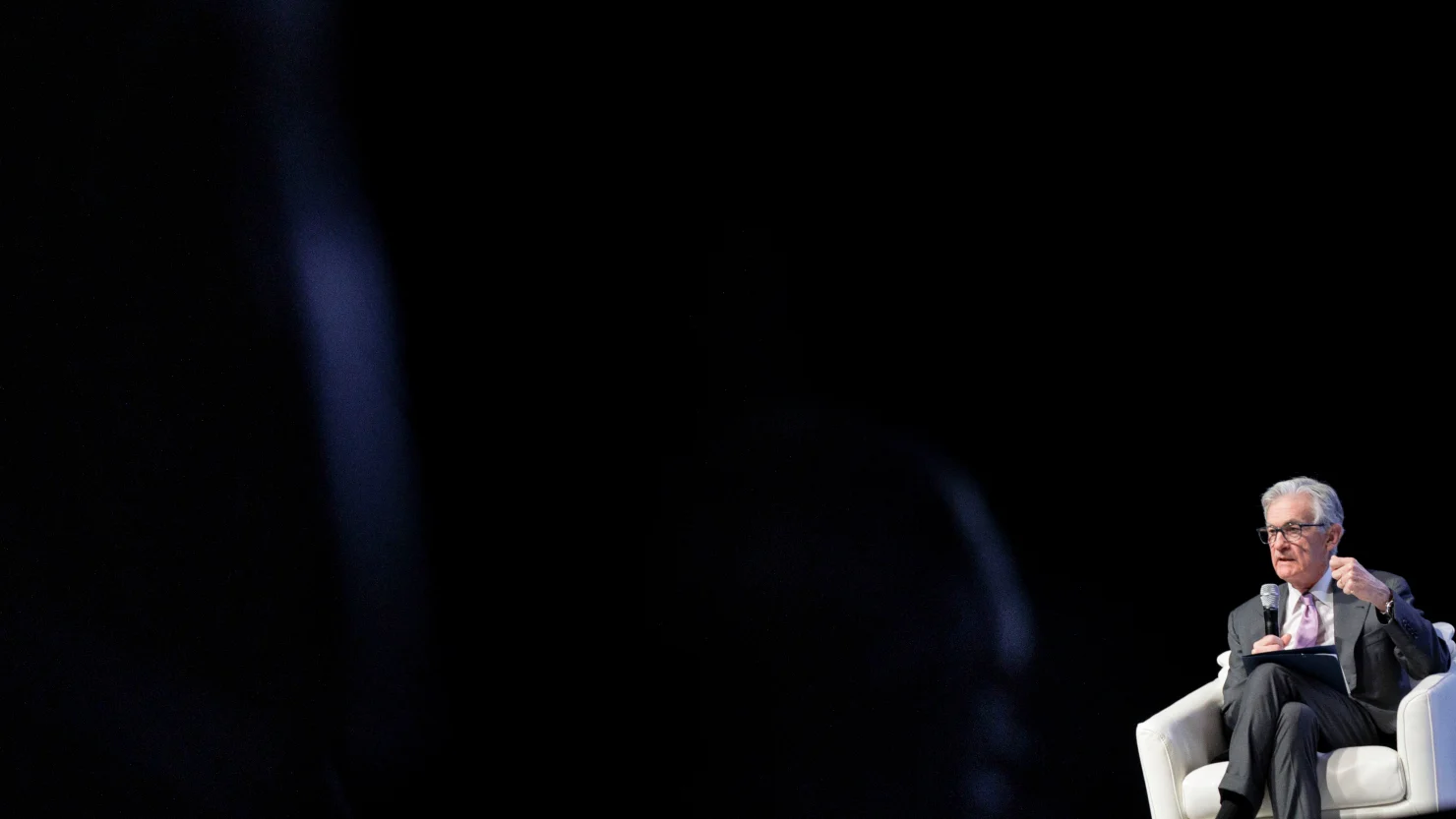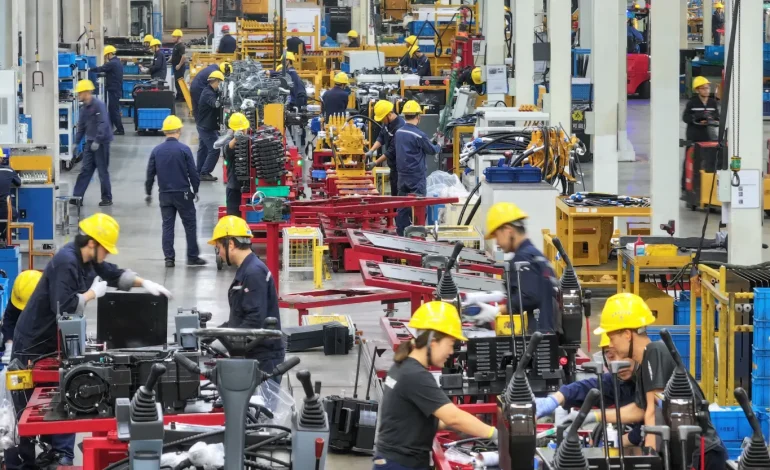Asia-Pacific markets displayed mixed results on Monday, as investors reacted to new data from China and awaited upcoming economic reports from major regional economies, CNBC reports.
The official purchasing managers’ index (PMI) for manufacturing in China dropped to 49.1 in August, which is a six-month low and a quicker decline than the 49.4 reading from July. Additionally, this number fell short of the median estimate of 49.5 set by economists, pointing to a fourth consecutive month of manufacturing contraction.
Conversely, China’s non-manufacturing PMI showed a slight improvement, rising to 50.3 from 50.2 in July.
In the stock markets, the CSI 300 Index, which tracks major companies listed on the Shanghai and Shenzhen stock exchanges, dropped 1.70% to 3,265.01, reaching its lowest level in seven months. The Hong Kong Hang Seng Index also fell by 1.85% during its final trading hour.
Major real estate developer New World Development saw a 14.14% drop in share price after projecting a loss of roughly 19 to 20 billion Hong Kong dollars ($2.6 billion) for the 2024 fiscal year. Chief China Economist at Citi Haibin Zhu noted that while recent mortgage refinancing policies primarily benefit current homeowners rather than spur demand for new homes, they may not significantly revive the housing market.
In contrast, the Caixin manufacturing PMI for August showed an improvement, rising to 50.4 from July’s 49.8 and surpassing the expected 50.0, indicating a slight expansion in manufacturing activity.
The Nikkei 225 increased by 0.14% to close at 38,700.87, while the larger Topix index gained 0.12% to close at 2,715.99, reflecting the modest gains seen in Japan’s markets. Earlier in the session, the Nikkei 225 briefly crossed over 39,000, hitting its highest level since July 31.
South Korea’s Kospi increased by 0.25% to 2,681, while the Kosdaq index gained 0.2%, ending at 769.21. Australia’s S&P/ASX 200 index reversed its earlier losses and rose by 0.22% to 8,109.9, approaching its all-time closing high of 8,114.7.
In Australia, Reserve Bank Deputy Governor Andrew Hauser reiterated that the RBA would maintain current interest rates and not follow the U.S. Federal Reserve in reducing rates, citing persistent inflation concerns.
The Dow Jones Industrial Average in the United States closed Friday at 41,563.08, up 0.55% to set a new record. The Nasdaq Composite gained 1.13%, while the S&P 500 advanced by 1.01%. Important inflation data were released after this, showing that the personal consumption expenditures (PCE) price index increased by 2.5% year over year and 0.2% month over month in July, both in line with economists’ predictions. In addition, the PCE price index increased 0.2% from the prior month when food and energy were excluded.









